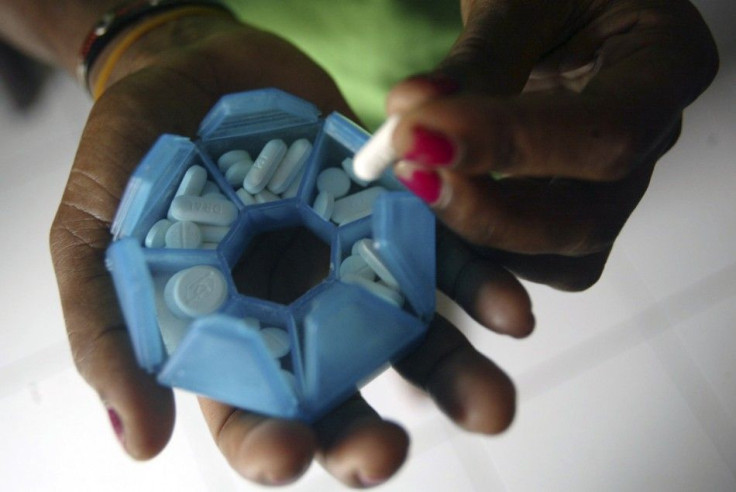WHO Postpones Release of HIV Treatment Guidelines After Recent Revelations

The recently concluded sixth IAS conference on HIV pathogenesis, treatment and prevention in Rome proved optimistic as the World Health Organization (WHO) promised to release its HIV guidelines for counseling discordant couples in the next two months.
Confusion reeled at the Rome meet as WHO held back on releasing its much-anticipated guidelines in preventing AIDS in discordant couples.
Apparently, the current set of guidelines were not suited for an immediate release due to non-inclusion of certain trial results which were revealed recently and could prove vital to WHO's proposal in preventing the spread of HIV.
The backbone of the proposed guidelines is based on a trial of 1,763 heterosexual discordant couples where one partner was infected with HIV while the other remained free from the virus. Scientists at the conference based their observations on prevention as the primary means in treating the ailment. This translates in making antiretroviral (ARVs) drugs available much earlier in the treatment phases. Scientists viewed that prevention rather than cure should be prioritized for HIV treatment within the next five years.
Although recommendations were in place late last year, early result of an ongoing discordant couple trial in mid-May that went public reinforced on intervention as the best technique for HIV prevention. One of the evidences that sprung from the HPTN 052 study showed that if the infected partner in the discordant patient group took antiretroviral (ARV) drugs, it reduced the risk of transmission by 96 percent.
Another trial result that went public just prior to the Rome conference found that treating the un-infected partner with ARVs, or pre-exposure prophylaxis (PrEP), reduced the risk of transmission by 73 percent. In the absence of official guidelines, the HPTN and the PrEP results were released early to highlight findings noting intervention as a better method than was initially expected.
According to media reports, Gottfried Hirnschall, head of the HIV/AIDS department for WHO, explained that the release of the guidelines got delayed on the advice of its key partners; the Joint United Nations Programme on HIV/AIDS and the Bill and Melinda Gates Foundation. The partners were equally concerned about both the language in the document and its non-inclusion of trial data that could have been pivotal in structuring the guidelines.
© Copyright IBTimes 2024. All rights reserved.











